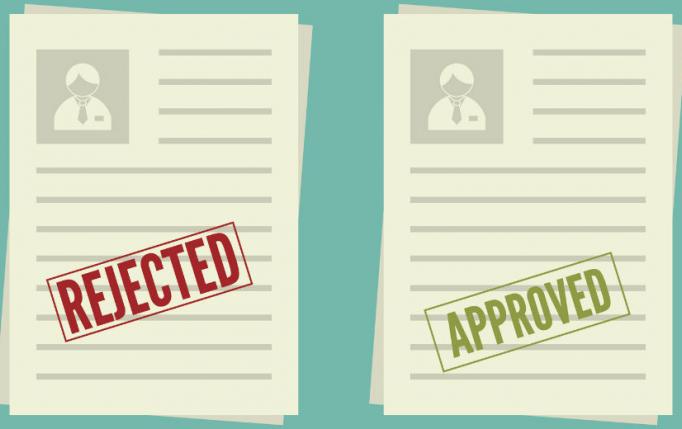Undetected fraud is thought to be worth as much as £2billion per year from falsified or exaggerated claims to misinformation resulting in inaccurate premiums. Attempting to battle dishonest customer behaviour, one industry working group has involved behavioural experts from Decision Technology who will study the impact different approaches could have on the levels of fraud. The study will focus particularly on opportunistic fraud, exploring the effects of changing various parts of the customer journey on customer behaviour.
Opportunistic fraud is frequently conducted by otherwise honest people who have an opportunity present itself. Understood to account for the majority of undetected insurance fraud, it could involve providing false information when applying for a policy or exaggerating the details of a genuine claim.
How can fraud be interrupted?
The challenge to the industry is to prohibit dishonest and fraudulent behaviour but not to affect the honest customer or interfering with the payment of genuine claims.
Decision Technology will run trials within a simulated environment, testing multiple interventions and measuring the relative commercial impacts of each intervention, across different insurance products and stages of the lifecycle.
What should insurers look for?
The results are set to be presented in early 2018. Earlier studies into behavioural analytics and fraud can guide us on the type of small changes which may have an impact.
For example, capturing and preserving online customer interactions can help flag and deter fraudulent activity. Suspicious activity might be detected when the same customer frequently buys different products using various addresses and card numbers. Browsing data can also hold clues when it comes to online purchases – did the customers’ behaviour match their previous site visits? Did they click around the site first or go directly to a product, change their shipping address and check out? It’s even possible to record and analyse typing speed, key pressure and mouse dynamics.
“Introducing interventions into the customer journey is an area where we need to tread very carefully. Consumer trust is fragile, and we know that the vast majority of insurance customers are honest,” says chair of the Insurance Fraud Bureau, Amanda Blanc.
“However, it is important that we find a way to reduce the cost of fraud which ultimately impacts the premiums that those honest customers pay.”


